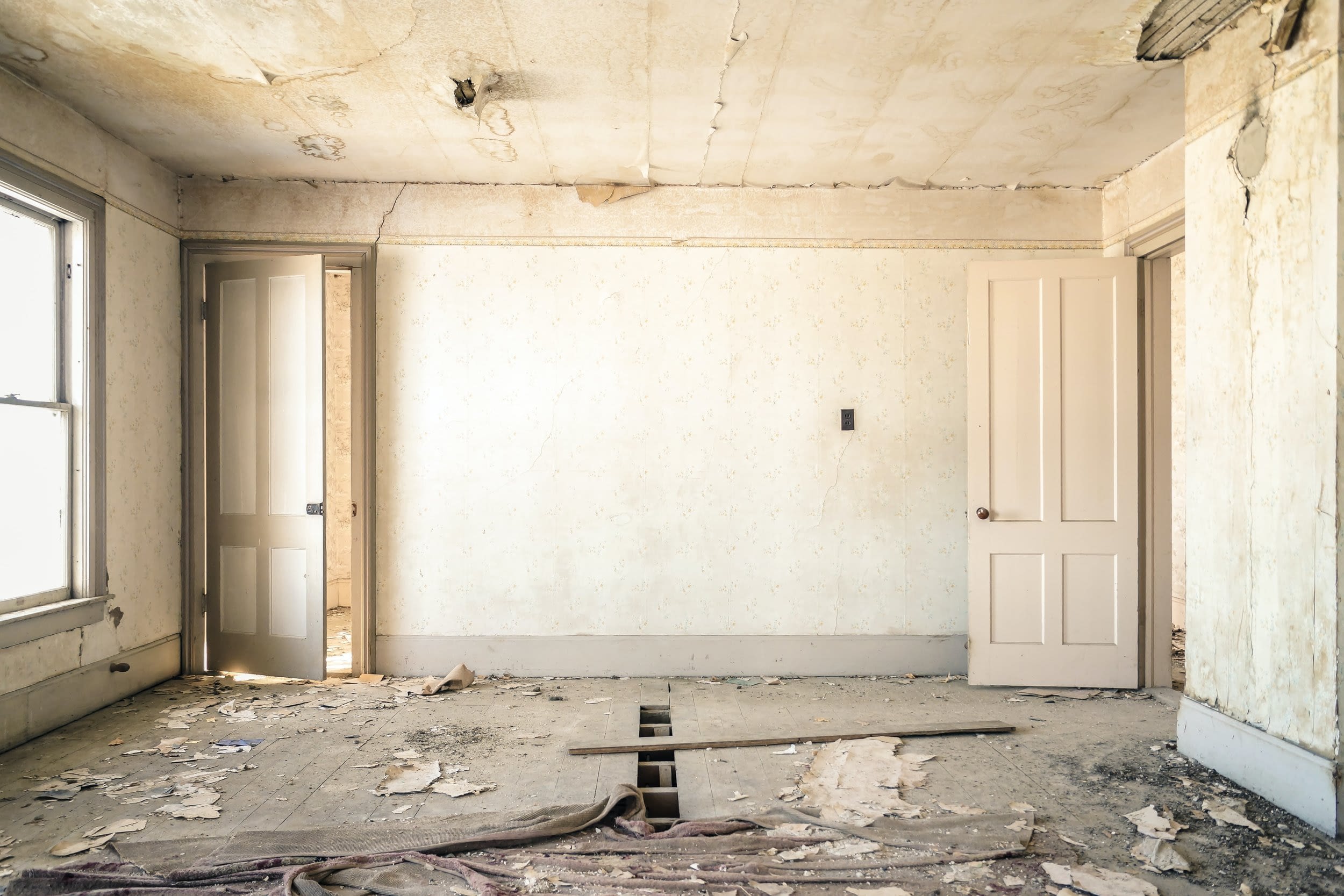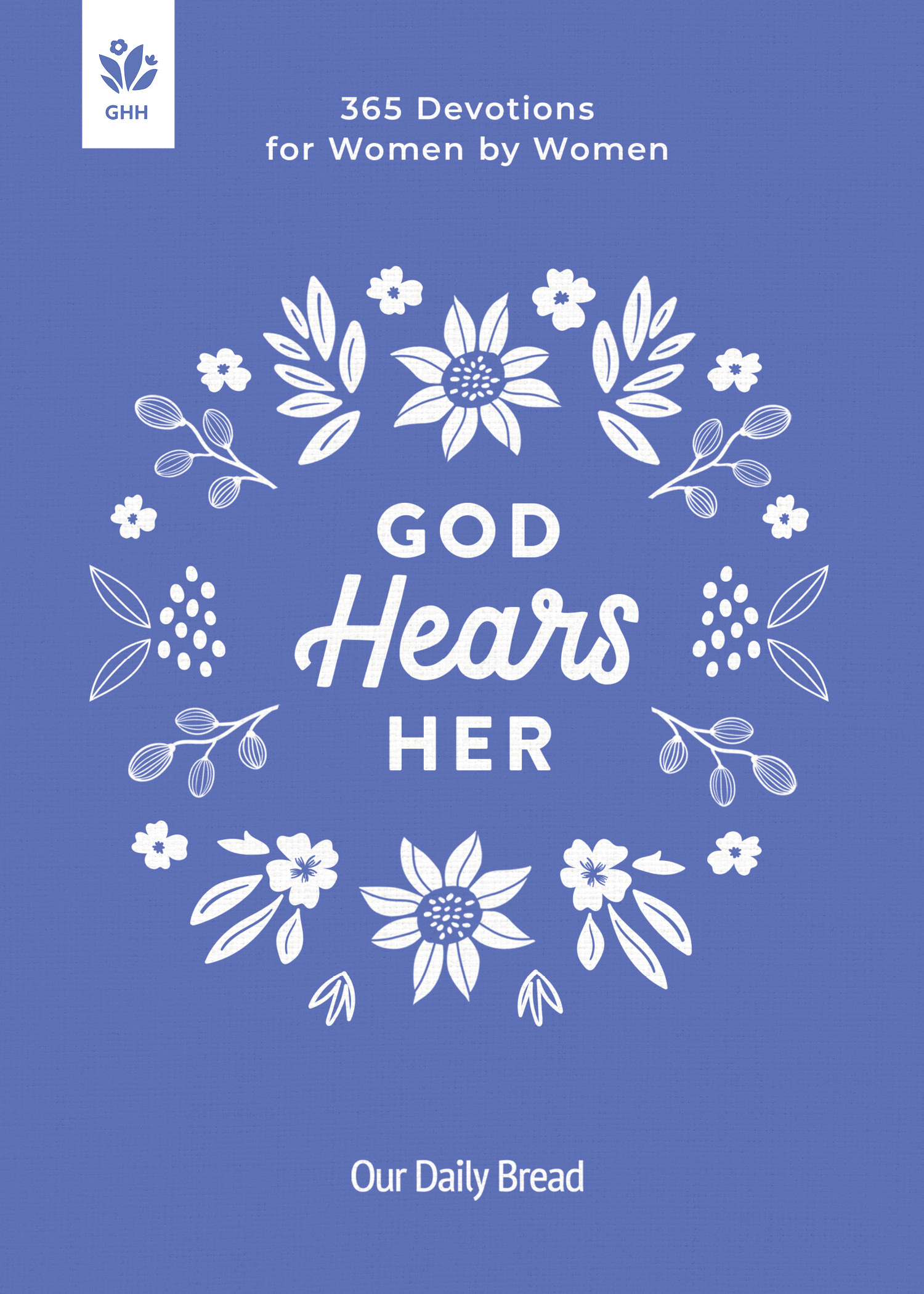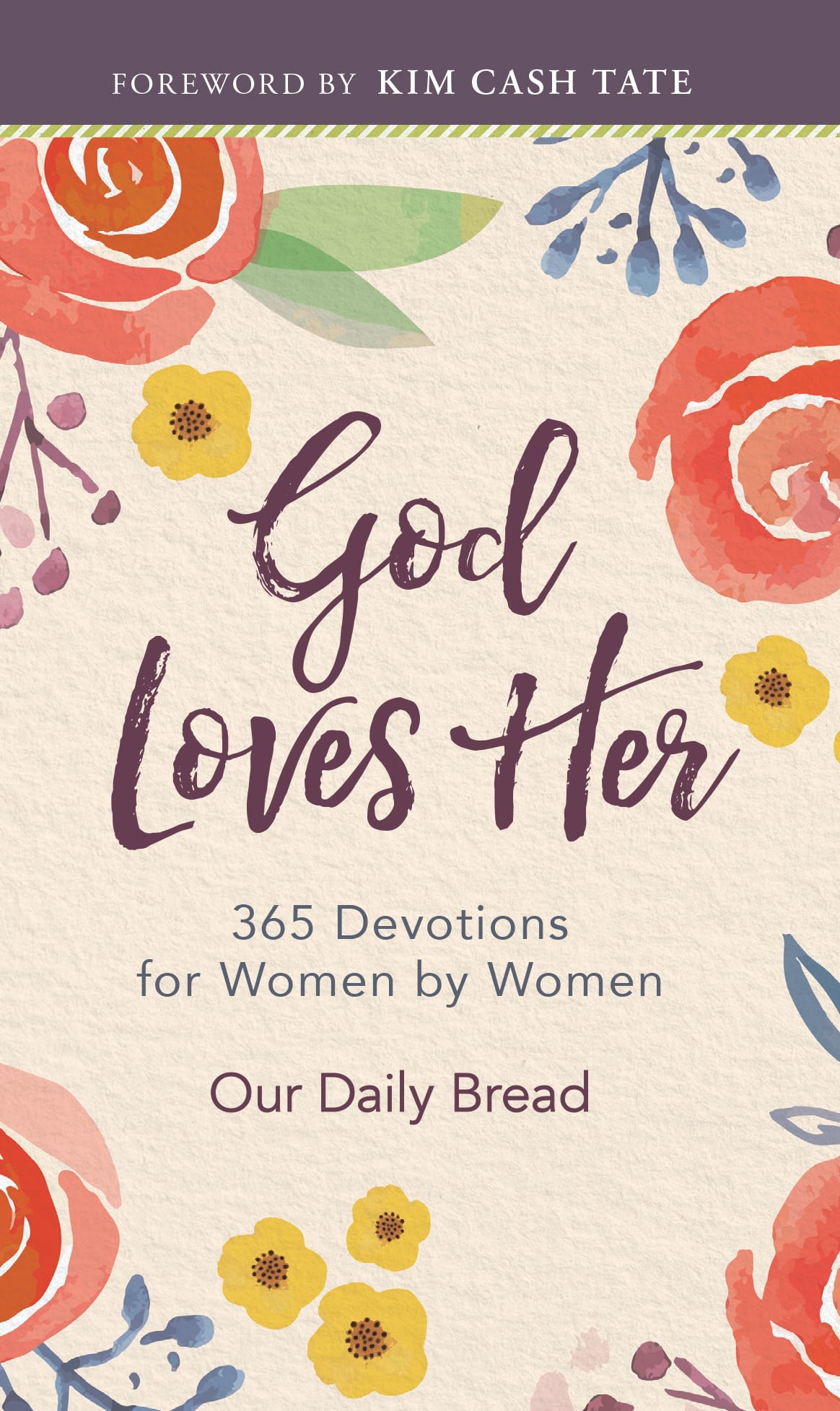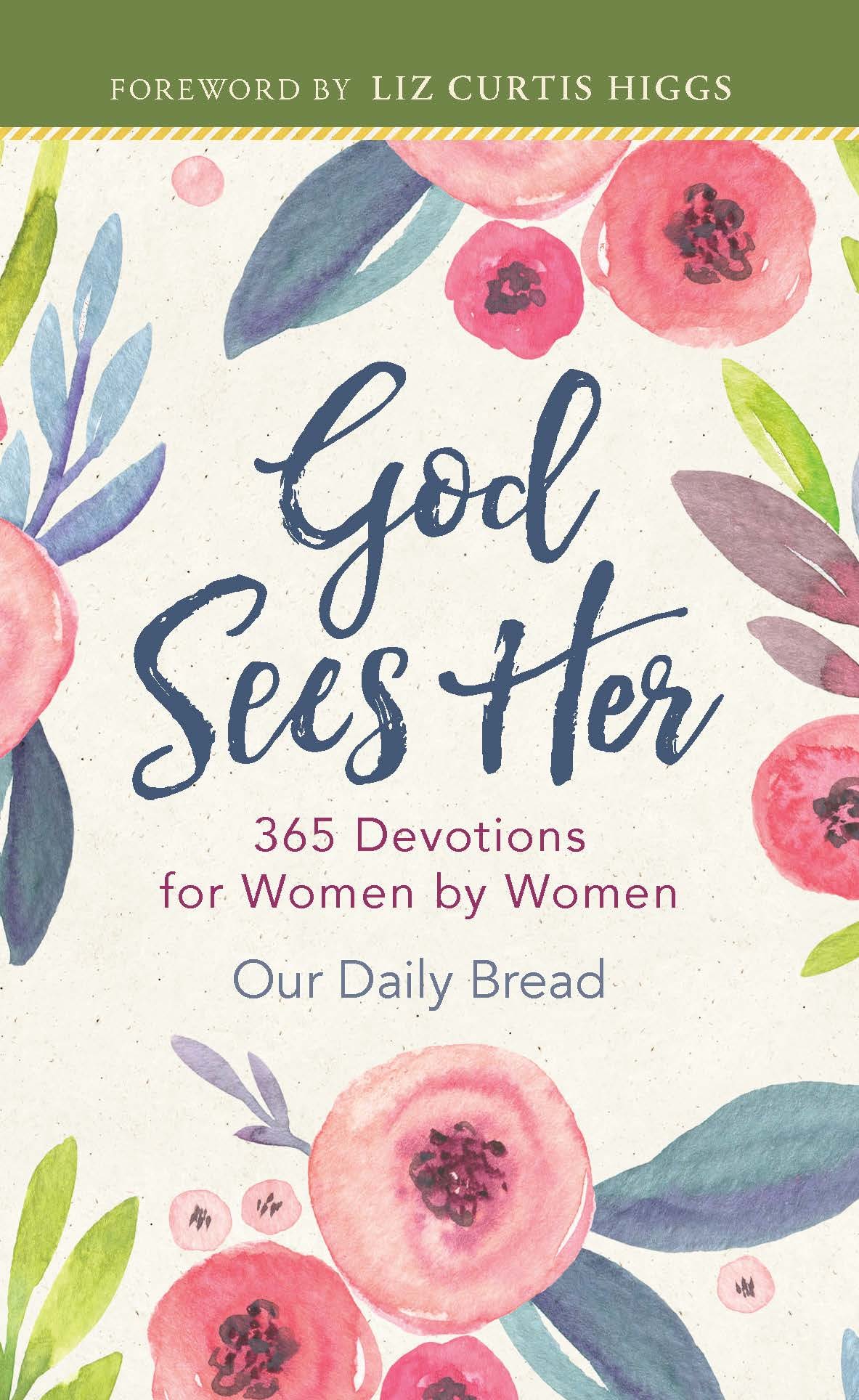I’ve always learned things the hard way.
-
Injured my corneas by not using rewetting drops before removing my contacts? ✅
-
Bleached my hair white (and broke a good bit of it off) because I didn’t read the directions? ✅✅
-
Got lost because I thought I knew a shortcut to my destination? ✅ ✅ ✅ (And a few more checks.)
The upside of being an “experiential” learner is, I suppose, that the lessons learned are usually engraved in my memory. I’m unlikely to repeat mistakes that presented me with such obvious, and often painful, learning. You might say I learn what something is by learning (or experiencing) what it is not. This has proven most true when grappling with ambiguous concepts like trusting in God.
It’s not that I don’t understand that God is trustworthy: He’s eternally faithful, ever-present, and all-powerful. There simply are no more capable hands to entrust myself to. I genuinely want to “trust in the Lord with all [my] heart” and “lean not on [my] own understanding” (Proverbs 3:5).
Figuring out what it means to trust in God isn’t something we learn in merely the big moments of life like deciding whether to take a new job; we learn it in small, daily encounters. After relocating to a new state earlier this year, learning how much my trust has been in God or myself has been showcased through:
-
Friendship: Do I trust God to introduce me to people who can become my friends in this new place, or will I try to manufacture my own social experience, telling people why they should want to be my friend?
-
Church: Will I trust God to lead us to a church home where we can flourish, or will I rely on my own “rubric” of programs and proximity to choose it myself?
-
Parenting: Do I trust God with the physical and spiritual well-being of my children, or will I take on their needs as my own homework (er, homeworry?). Despite saying I want to trust God, sometimes my actions demonstrate a misplaced trust in my own abilities and intellect. Relying on my own understanding isn’t a conscious choice… and that’s the problem. If I’m not deliberately choosing to trust God, my default is to trust myself.
Changing default “trust” settings isn’t as simple as navigating to the right menu in my phone and making new default selections—once-and-done. But overriding them through deliberate practice is possible:
-
By looking at my calendar at the beginning of each day and week, and praying over it, asking God to help me lean on Him to manage my time instead of scurrying about, drawing on my own abilities, trying to accomplish everything on my plate.
-
By practicing gratitude regularly: for His provision before meals, for our financial resources when I turn on my reliable vehicle, for the skills He’s given me when I engage with clients.
-
By habitually reflecting (or journaling) on His faithfulness: acknowledging where He was at work in my day (and those of the people I love). In seeing His activity, I believe I’ll rest more in knowing He is always working “for the [shared] good of those who love him” even when things don’t appear to be going the way I might prefer (Romans 8:28).
The point of trusting in God isn’t to abdicate responsibility for ourselves or to negate the skills and experiences He’s given us. Rather, the beautiful result of trusting in Him is that we know Him better and more readily ascribe glory to Him. Not only is He worthy of placing trust in, He’s worthy of receiving all the glory.
That’s a default setting I’m willing to practice.
–Written by Kirsten Holmberg. Used by permission from the author.







One Response
Nice post !! Great idea, people have faced astro problem many times in life. They can get good result by help of astrologer..For more information please visit our website <a href="https://www.astrologerrudra.com/negative-energy-removal-in-new-york.php">Negative Energy Removal in New York</a>